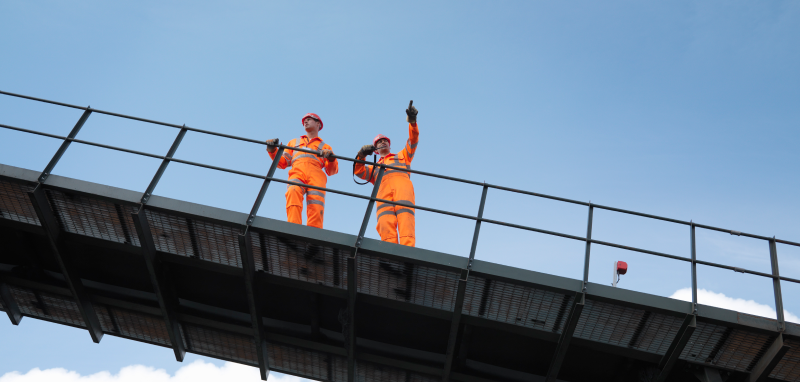In mining and other frontline-heavy industries, the frontline manager carries enormous responsibility. They run daily operations, ensure safety protocols are followed, motivate teams, and deal with immediate problems as they arise. Yet, too often, they are also expected to be something they were never designed to be: the organisation’s primary communication system.
This model, where information flows from leadership to frontline workers through supervisors alone, is fragile. It slows messages down, distorts intent and places an unfair burden on managers who are already juggling operational pressures with large teams.
And just as importantly, it leaves the majority of workers disconnected.
When messages turn into “broken telephone”
Many of us have played the game of broken telephone as children. A message is passed from one person to the next until it barely resembles the original. In frontline workplaces, the same thing happens every day when communication depends on supervisors alone.
One manager may share a policy update word for word. Another may paraphrase, unintentionally changing the meaning. A third may leave out a detail they don’t think is important. By the time messages filter across multiple shifts and teams, inconsistencies creep in. The result is a patchwork of understanding: some employees are fully informed, some partially, and some not at all.
This inconsistency undermines clarity and, in industries like mining and manufacturing, can have real consequences for safety, productivity, and trust.
Why proof and consistency matter
Communication isn’t just about whether something was said, it’s about whether it was heard, understood and acted on. Without a proper system in place, leadership has no way to know if critical updates ever reached all workers.
This is especially true in industries that run on multiple shifts. One team may hear an important safety update during a morning toolbox talk, but by night shift, the message has been diluted, reinterpreted, or skipped entirely.
Without consistency, frontline workers experience communication as unreliable. Without proof, leadership cannot hold the system accountable.
What needs to change
If organisations want their messages to land with speed and accuracy, and for feedback to travel back up the chain, they need to stop relying on frontline managers as the sole communication bridge.
Instead, leaders should:
Put direct digital channels like Wyzetalk in place that reach every employee, regardless of shift or location.
Support managers by giving them tools, not extra burdens.
Enable two-way communication so feedback isn’t trapped at the supervisor level.
Ensure accountability by tracking who has received, read, and acted on messages.
This isn’t about removing managers from the communication process; they are still vital for context and reinforcement. But they should be partners in communication, not the system itself.
A stronger, fairer model
Frontline managers play one of the hardest roles in any organisation. They deserve better than to be treated as conduits for messages they can’t possibly deliver consistently or completely.
Frontline workers deserve better too. They deserve to hear directly from leadership, to know their feedback has been received, and to trust that every shift is working from the same set of information.
A strong communication system is not a nice-to-have. It is the infrastructure that keeps large, complex organisations aligned. And just as importantly, it frees managers to do what they do best: lead their teams, keep people safe, and drive performance on the ground.
Because the frontline manager is not, and never should be, the communication system.
